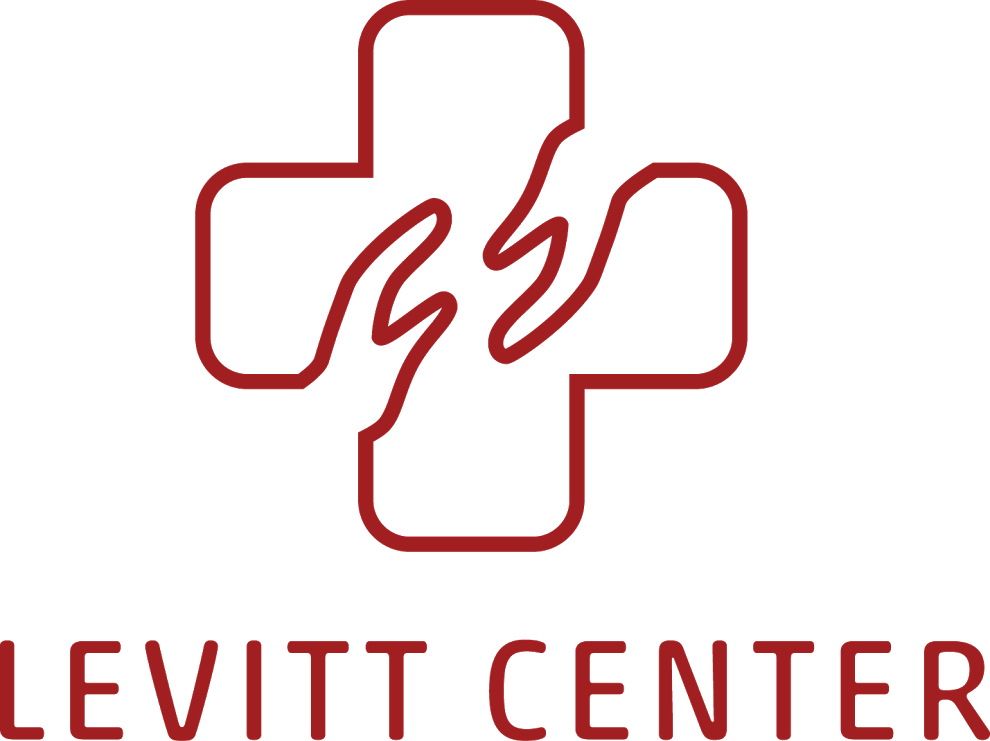OUR MISSION
The Andrew Levitt Center for Social Emergency Medicine is created to advance the knowledge base about the interplay of social forces and the emergency care system, as together these influence the lives of our patients and their communities. We also seek to promote solutions for those moments when these forces conflict.
OUR GOALS AND OBJECTIVES
The overarching goal of the Andrew Levitt Center for Social Emergency Medicine is to expand our understanding of the interplay of social forces and health as manifest at medicine’s doorstep, the modern emergency department, and to intervene when the interests of social justice demand.
With deeper understanding may come opportunities to refine emergency medicine and emergency medical services to better respond to changes in population health, as well as to intervene in the social milieu to reduce health crises, improving population health and decompressing burdened emergency departments.
OBJECTIVE 1: TO DEVELOP AND CONDUCT ORIGINAL RESEARCH EXAMINING THE INTERPLAY OF SOCIETY AND EMERGENCY MEDICINE.
We plan to develop and undertake a research program that will investigate how social forces and emergency medicine affect one another. The research program would explore such relationships from several angles. A very few among them:
- Measurable changes in health status associated with changes in the regulatory milieu
- Effects of social epiphenomena on emergency department disease patterns, including both upstream effects of changes in the medical care system (e.g., the primary care crisis) and downstream effects of social practices on the medical care system, such as the effect of racial segregation on violent injury risk.
- ED-specific explorations of social questions that have been begun to be explored in other fields
- Effects on access to emergency care, response times, outcomes, etc. of changes in EMS. governance, ownership, regulation, including regionalization efforts.
- Effect of community-based prevention efforts on ED use
OBJECTIVE 2: TO DEVELOP, EXECUTE, EVALUATE AND DISSEMINATE INTERVENTIONS INFORMED BY RESEARCH.
Once the Center and its collaborators have begun to identify a few high-leverage points from which changes either to the community or to the emergency department could yield salutary results, we hope to undertake to effect such changes and study the effects. Such interventions may include the direct provision of humanitarian aid, efforts at social marketing, social networking trials, developing and proposing legislation, or conducting community-based or ED-based randomized trials of alternative practices.
OBJECTIVE 3: TO PROMOTE INTEREST IN QUESTIONS OF SOCIAL EMERGENCY MEDICINE AMONG MEDICAL AND PUBLIC HEALTH RESEARCHERS LOCALLY AND NATIONALLY.
As the Center matures, we envision it to attract research fellows interested in developing their own research programs. Fellows would work closely with Center faculty to develop research questions exploring the relationship of social forces on the emergency department, then work through to preliminary study with an eye to independent funding. Fellows might also collaborate with the EM residents at Highland, who also might be conducting research under the Center’s auspices. Such a training function would offer the Center access to fresh and unconventional research questions, and help to keep us at the forefront of research in society and health.
OBJECTIVE 4: TO PROMOTE A HEALTHY AND ACTIVE RESEARCH PROGRAM WITHIN THE HIGHLAND EMERGENCY MEDICINE RESIDENCY.
We envision that the ALCSEM may solicit and receive funds to enhance research-related functions within the residency more broadly. In order to live up to Andy Levitt’s unwavering commitment to resident research at Highland, we view as a part of our core operations the management of such extramural funds as may be intended for other aspects resident research, outside of the above objectives.

